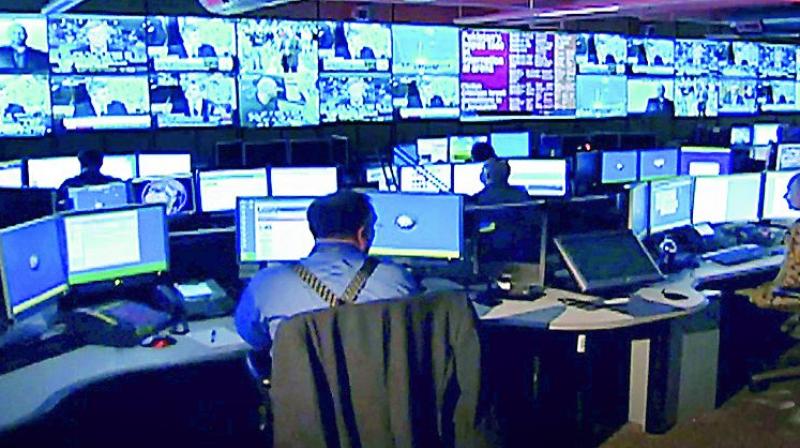Kiwis' China links crack Five-Eyes' spy ring plan
Last year, New Zealand became the first Western country to sign a cooperation agreement with China on the Belt and Road policy.

New Delhi: The shadowy US-led ‘Five Eyes’ worldwide spy alliance may be developing cracks and currently runs the risk of a collapse due to increasing concerns regarding the growing Chinese influence on New Zealand, which is one of its members.
Incidentally, New Zealand’s Government Communications Security Bureau (GCSB) was entrusted with the task of spying on India and then passing on the information to the United States’ National Security Agency (NSA).
‘Five Eyes’ is an exclusive club of spy rings from five countries — Australia, New Zealand, Canada, United Kingdom and the United States of America — that collaborate to intercept information from other countries to be used for diplomatic, security, military and economic benefits.
Voicing concern on the influence China has started enjoying in New Zealand because of increasing economic ties, a very recent report prepared by experts in a workshop organised by the Canadian Security Intelligence Service (CSIS) said: “New Zealand governments have also encouraged China to be active in New Zealand’s region, from the South Pacific to Antarctica: initially as a balance to Soviet influence, as an aid donor and scientific partner, and since 2014 as part of the ‘diversification’ of New Zealand’s military links away from Five Eyes partnerships.”
Last year, New Zealand became the first Western country to sign a cooperation agreement with China on the Belt and Road policy.
The report adds: “New Zealand is valuable to China, as well as to other states such as Russia, as a soft underbelly through which to access Five Eyes intelligence”.
During a recent Congressional hearing of the US-China Economic and Security Review Commission on April 5, Peter Mattis, a leading expert on China in the US, who had also served as an international affairs analyst for the US government previously, testified: “...at some level the Five Eyes or the Four Eyes need to have a discussion about whether or not New Zealand can remain given this problem with the political core...”.

